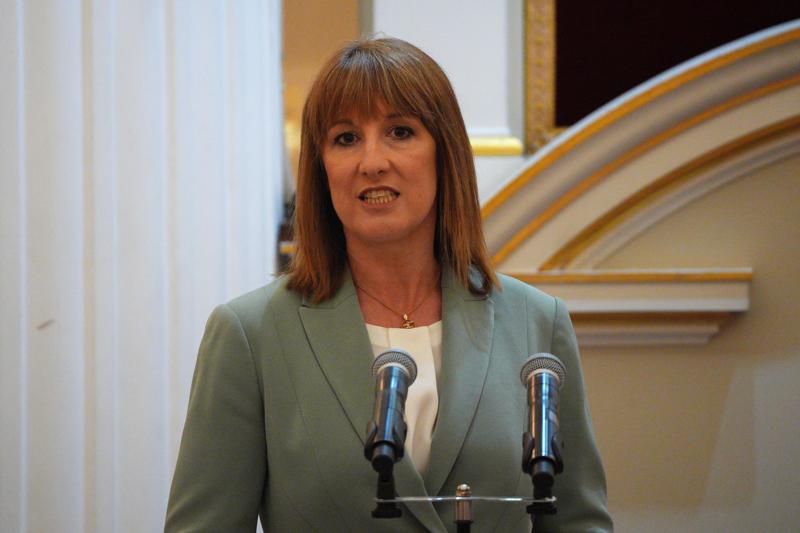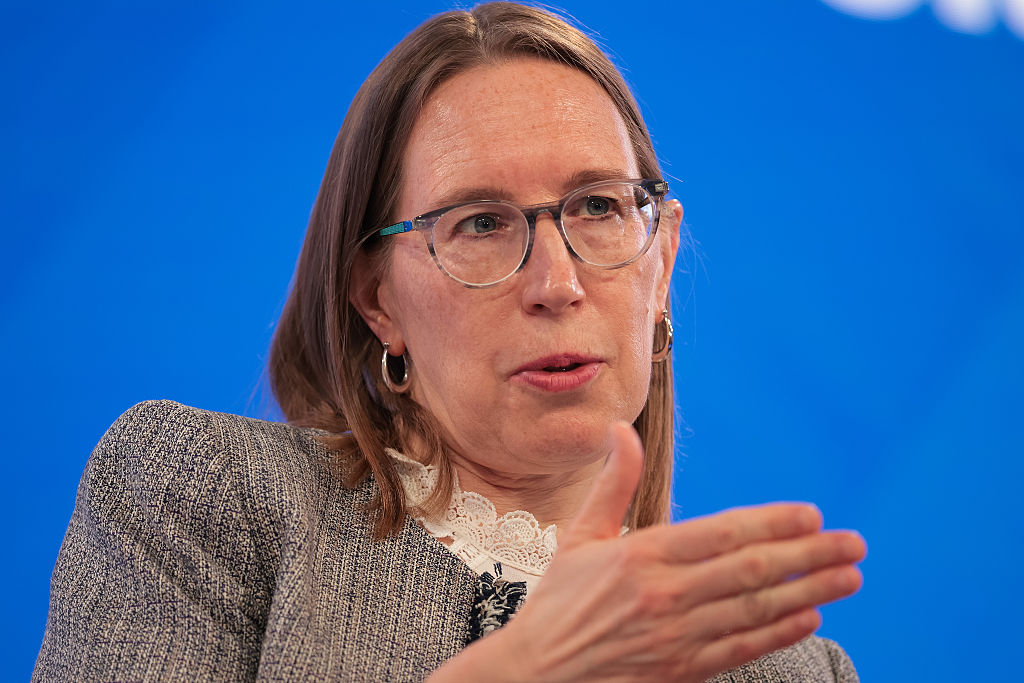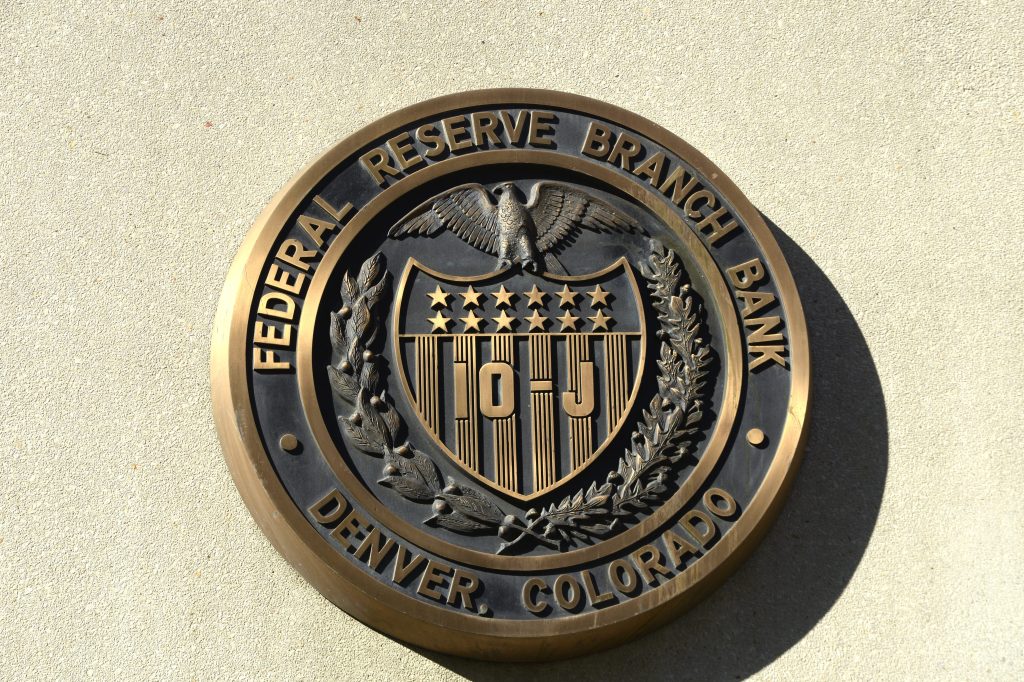The investment firm conducted a survey of more than 1,000 respondents to understand the attitudes and behaviours of UK investors in the context of current conditions affecting financial markets.
The survey found British investors are less concerned by environmental, social and governmental (ESG) factors in their investments now than in December 2021, with the number of investors who believe companies with strong ESG credentials are attractive investment options falling from 75% to 68%. Only 38% of investors consider ESG factors when making new investments, down from 44% in 2021
The number of investors prioritizing ESG, regardless of performance, has fallen from 63% to 55% in the same time frame, while two thirds (67%) now prioritise maximising returns over choosing sustainable investments.
Boomer investors
The breakdown by age was equally noteworthy. Boomer investors are the least likely to take ESG factors into consideration when investing (23%), followed by Gen X investors (32%), Millennials (49%) and Gen Z investors (50%).
The belief that ESG investments provide investors with good returns is deteriorating. Now only 65% think they yield better returns, as opposed to 71% in December 2021. Appetite to pay additional fees for sustainable investments has also decreased by 8%, meaning now only half (50%) of investors are willing to take on the associated charges.
“The return on investment is increasingly being called into question, with the fees often associated with sustainable investments now actively discouraging investors in this current climate.”
Richard Flynn, Managing Director, Charles Schwab UK
“With the need to maximise returns seemingly growing in importance amid the cost-of-living crisis, fewer investors seem to be factoring in ESG-related considerations into their investment decisions,” Richard Flynn, Managing Director, Charles Schwab UK, said. “The return on investment is increasingly being called into question, with the fees often associated with sustainable investments now actively discouraging investors in this current climate. It will be interesting to see how any economic rebound and reduction in inflation impacts this attitude in the coming years.”
ESG as an asset class has come under scrutiny recently. The UK Sustainable Investment and Finance Association recently responded to an FCA paper on sustainable finance, saying an “inconsistent policy and legislative landscape in the UK” around ESG issues poses “serious challenges for financial market participants” and there is a need for “a clear vision from policymakers … in regards to the UK’s sustainability disclosures regime”.
Critics have called out greenwashing in ESG and accused firms of hypocrisy. An analysis from think tank Common Wealth found over $1.5bn in “Environmental, Social and Governance” (ESG) funds has been invested in the bonds of major coal, oil and gas companies. As of April 2023, the three top global asset management firms BlackRock, State Street, and Legal & General were named in the report to hold nearly $1bn ($999.5m) in bonds issued by fossil fuel companies through “ESG” labelled funds.
Markets current vary widely in their approach, while experts predict a ramp-up of regulatory oversight soon.

















